Other Names: Lauryl Amido propyl betaine, Coco Amido Betaine, Coconut oil amidopropyl betaine, N-(3-cocoamidopropyl)-N,N-dimethyl-N-carboxymethyl betaine.
What it is: It helps in enhancing the texture of skincare and haircare products.
Mode of usage pertaining to the discussion below: Topical application in cosmetics and personal care products.
Safety Profile (Based on regional guidelines):
| European Union – CIR | Safe to use, as per current practice |
| European Union – SCCS | Data unavailable |
| US FDA | Data unavailable |
| ASEAN guidelines | Data unavailable |
Safety in special situations:





Note:
- Cocamidopropyl betaine is not listed as an ingredient to be avoided in baby products and children except those with atopic dermatitis based on currently available data. This ingredient’s use in paediatric patients with atopic dermatitis should be avoided for leave on products, as it is categorised as a prevalent sensitizer to those people.
Environmental and Ecological Concerns:
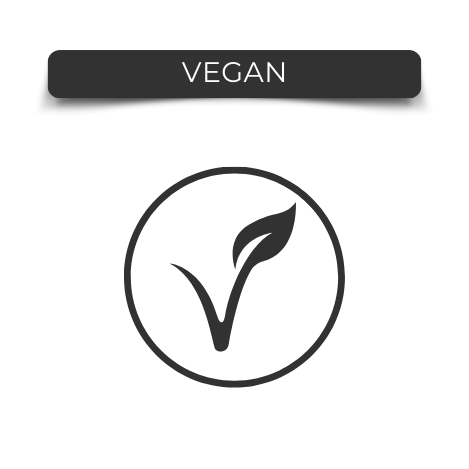

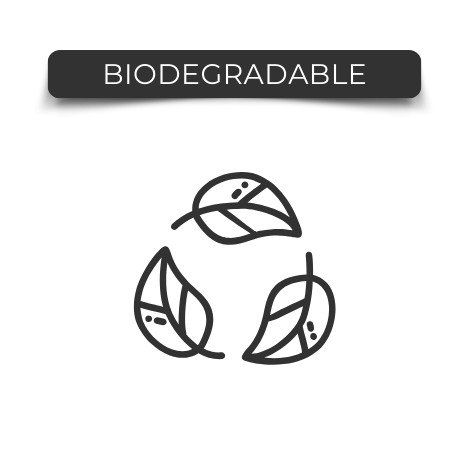

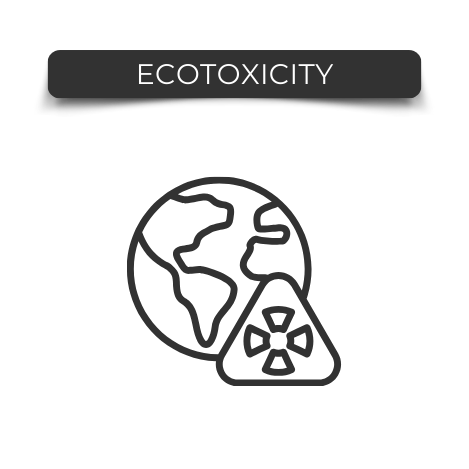

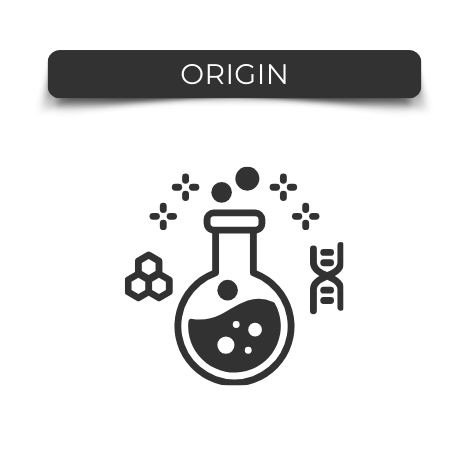

Note:
- Large scale use of shampoos and other cleansing agents containing this ingredient may cause adverse effects to the aquatic environment.
Attributes:

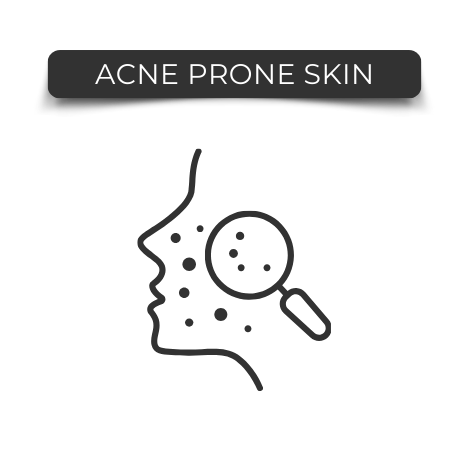

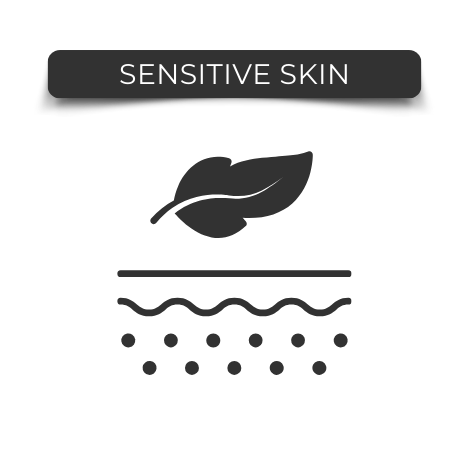

Note:
- Cocamidopropyl betaine is not listed as an ingredient to be avoided by persons with acne prone skin based on currently available data.
- Cocamidopropyl betaine in leave-on products may cause skin irritation.
Conclusion
Cocamidopropyl betaine is safe as per the current practice of use.
References
- https://european-union.europa.eu
- https://www.jaad.org
- Hunter, et al., J Surfact Deterg 1.
Disclaimer: The above information is based on ongoing toxicology research at CHOSEN®’s R&D. We will do our best to update the information as and when the latest studies are available. If you have any inputs regarding the above information, please email us at ingredients@chosenstore.in
